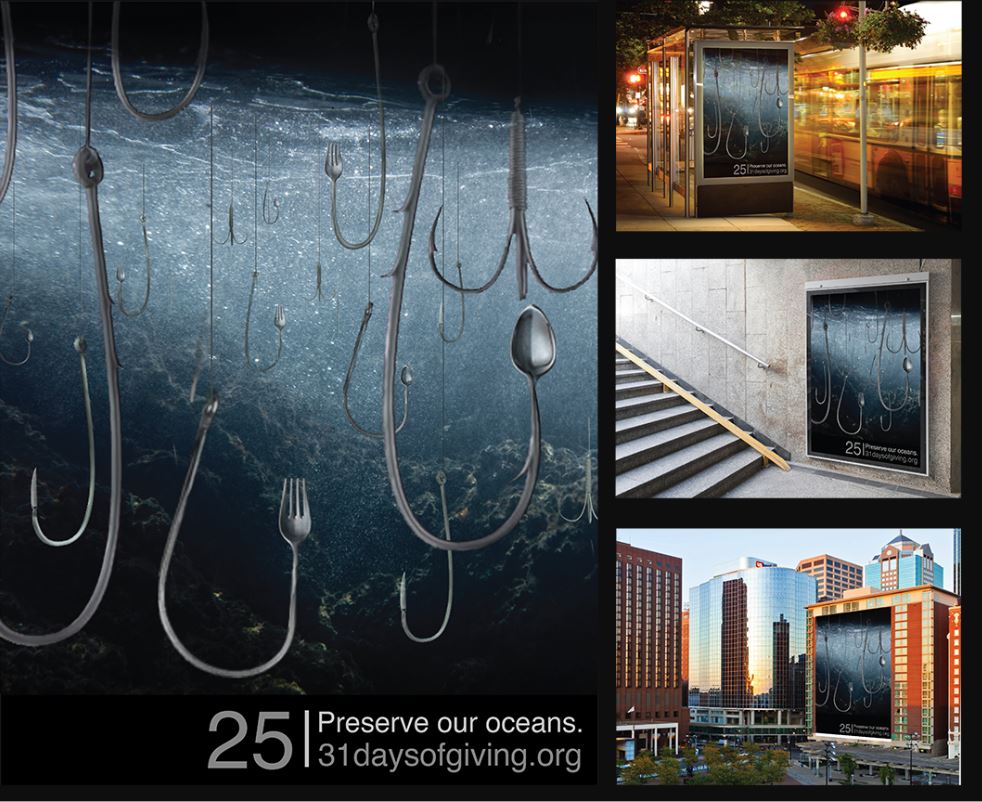Film + Digital Media
The film and digital media concentration is reality-based. Blending theoretical knowledge with practical experience, a degree of Bachelor of Arts in Communication from Avila prepares students for successful careers in independent digital video and film production, studio recording, screenwriting and corporate scriptwriting. Students have opportunities to:
- Shoot 4k video
- Make narrative films, documentaries, animations, corporate videos, experimental films, music videos, webcasts
- Edit video with Adobe Premiere Pro
- Create special FX with Adobe After Effects
- Be part of MicroCinema (our Avila University-sponsored student-run organization)
- Write screenplays using industry-standard Final Draft software
- Manipulate images and create titles in Adobe Photoshop
- Develop web design skills and create websites
- Participate in local film festivals, and network with national and international filmmakers
- Attend screenings and panels with visiting filmmakers
- Watch movies and eat pizza
- Additional experience is gained from professional internships. These practical experiences and professional contacts translate into a competitive advantage in the job market.
- All film and digital media students complete a portfolio showcasing their professional work prior to graduation.
Career outcomes
A Film and Digital Media degree is an entrée into a wide variety of 21st Century careers that involve creating powerful communication tools. The New York Times has called cinema studies the New MBA because it is not “so much a profession as the professional language of the future,” teaching skills that are applicable to a wide variety of careers. Thus, the career prospects for this exciting field continue to grow and be re-defined.
Students commonly seek positions in Film/Video Editing, Screenwriting, Videography, Special Effects, Animation, Documentary Filmmaking, Directing, Producing Commercials, Designing Social Media and Web Content, and Broadcast News or Sports Reporting.
The Communication Department provides a broad base of theoretical and practical coursework in the communications industry. The candidate for the Bachelor of Arts degree must fulfill all general degree requirements. In addition to completing core foundation courses and learning the use of software across the field, students will develop skills suited to their particular career interests.
Bachelor of Arts (B.A.) in Communication
Degree Requirements:
Credit Hours
| Avila’s Core Curriculum | 40 (minimum) |
| Communication Foundation | 18 |
| Film & Digital Media Concentration | 33 |
| General Electives | 29 |
| Total Credit Hours | 120 |
Communication
CO 225 Mass Media & Society
AR/CO 271 Digital Media: Page Layout
CO 360 Media Law
CO 391 Communication Theory
CO 495 Internship
CO 499 Senior Seminar
Film & Digital Media
CO 181 Survey of Film I
CO 182 Survey of Film II
CO 216 Corporate Scriptwriting
CO 217 Screenwriting
CO 223 Digital Media: Shooting & Lighting
CO 327 Digital Media: Editing & Audio
CO 425 Intermediate Production
CO 427 Advanced Production
Digital Media Electives (9 credit hours):
AR 221 Beginning Photography
CO 337 Digital Media: Animation Techniques
CO 338 Digital Media: Motion Graphics & Visual Effects
AR/CO 379 Design for the Web
CO 380 Special Topics
AR 471 Digital Media: Interactive Media
| Course Requirements: | |
| CO 223 | Shooting & Lighting |
| CO 327 | Editing & Audio |
| CO 425 | Intermediate Production |
| CO 427 | Senior Production Project |
| Six Credit Hours From: | |
| CO 181 | Survey of Film I |
| CO 216 | Corporate Scriptwriting |
| CO 217 | Screenwriting |
| CO 337 | Techniques in Digital Animation |
| CO 338 | Techniques in Digital Effects |
| CO 380 | DVD Authoring |
| Total Credit Hours: 18 |
Open to all Communication students majoring in Advertising & Public Relations, Sports, Communication, or Film & Digital Media. Students are awarded grants up to $2,000 annually.
Requirements
- Full-Time Student majoring in Communication
- Regular Admissions Status (If the student is provisional admit, the student must attain regular status at the completion of the first academic year.)
- Personal Interview with Communication Faculty
- Letter of Recommendation from High School or College Instructor, Counselor, or other appropriate representatives (internship or work supervisor, coaches, adult media club director, etc.)
- Work hours in the Communication department based on the grant amount awarded.
In order to renew, you must
- Enroll in a minimum of 9 hours of CO credits first academic year and a minimum 15 hours of CO credits each year thereafter.
- Maintain Full-time Student Status
- Maintain a 3.0 in communication classes taken at Avila.
- After the second academic year student must present a DVD/portfolio of work for review and renewal.
If you have any questions and to set up an interview, please contact nicole.esquibel@avila.edu.
Newspaper (Talon News Media) Scholarships
Requirements
- Full-Time Student
- Regular Admissions Status (If the student is provisional admit, the student must attain regular status at the completion of the first academic year.)
- Personal Interview with Communication Faculty
- Letter of Recommendation from High School or College Instructor, Counselor, or other appropriate representatives (internship or work supervisor, coaches, adult media club director, etc.)
- Optional: Work Samples (News stories (written, video, audio); original writing samples; design and layout samples, photojournalism, audio or video podcasts, etc.) Bringing in work samples can help increase the size of the grant.
Requirements to renew Newspaper (Talon News Media) scholarships
- Must actively participate in TNM activities as team members and attend meetings, contribute to planning, organizing, and production of TNM publications and programs even if not enrolled for credit or work-study.
- Must sequentially enroll in and successfully complete Introduction to Journalism, Writing for the Media, Talon Practicum 385 (1 hr), and Talon Practicum 485 (3 hours).
- Must during the first semester join (at Talon’s expense) and remain in good standing with the American Collegiate Press Association and the Missouri Media College Association standards and practices.
If you have any questions and to set up an interview, please contact Joe.Snorgrass@avila.edu.
